0=2
Allow me to ask you a question. Why is the occult world so ripe for abuse by the very worst aspects of the Patriarchy?
I’m an academic: my area of specialisation is early 20th century occultism and in particular, the work of Dion Fortune and of Aleister Crowley. Examining the pair in contrast with one another has always been a method that fascinates me; for though these two appear at opposite ends of the occult spectrum, the pair share many points of similarity in their theology. And recently, I discovered a point of agreement that I had not expected.
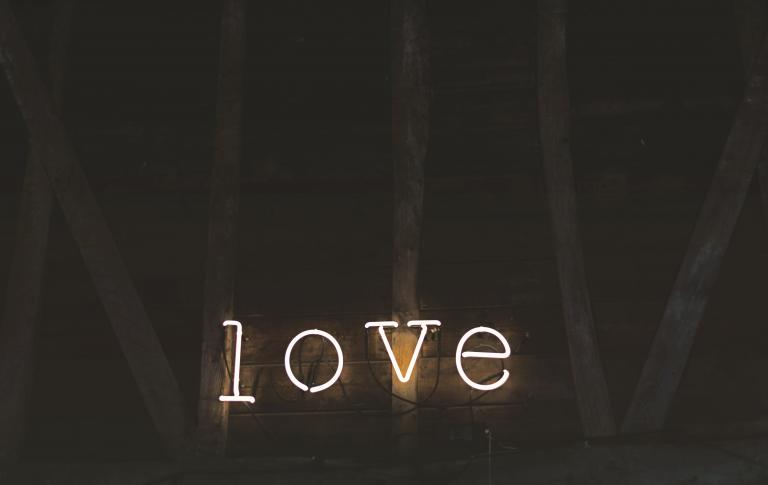
Both these writers were heavily invested in righting the wrong done by St Augustine, arguing that sexuality is both a natural urge, and a potential space for magic and worship. Both are explicit in their denunciations of traditional morality, arguing that is deeply harmful and stifling. However, hiding in this is a subtle conceptual reversal.
In the work of these two authors sex is good; a source of god-force, and thus sacred. Sex is redeemed by being understood as more than a ‘mere’ animal act. But in making such an argument, both authors feed the very cultural norm they are trying to refute – the hierarchy of spirit over flesh. Crowley and Fortune were writing in the midst of a sexual revolution, and sexual freedom was a major social and political focus for both them. Yet ever there lurks this unreconciled, hierarchical, dualism.
And we can see that something strange has happened in the history of occultism. Traced back through the annals of Western Esotericism, our intellectual tradition began life deeply entrenched in a gnostic, neo-platonic, dualistic paradigm. Evolving through time this tended to take the Manichean route, to say the physical world was not evil, merely short-lived, one aspect of a much larger, spiritual, whole – which was always superior. And this dualism met the sexual revolution of the 20th century and became the unspoken underlying antagoniser in our contemporary, supposedly sexually liberated, occult milieu.
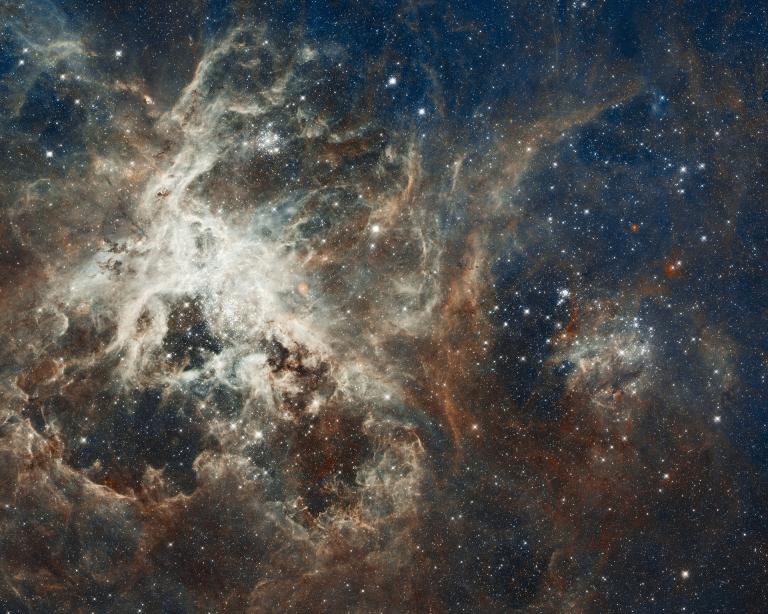
How do we solve this problem? I’m not sure. My greatest struggle with Thelemic cosmology is precisely these Gnostic hangovers (and I do wonder if our obsession with the fleshiness of Babalon is an unconscious yearning to correct it). Perhaps there is nothing to ‘do’ with it. Perhaps this is another aspect of 0=2, of the formula of Liber Ararita: all is illusion. But we must recognise this and understand it if we are not to be owned by it.
But there is, of course, another key dichotomy in occultism, one used in almost all of our symbols, and one which occupies a similarly ambivalent space; gender, or sex difference. Because of the current unfashionableness of gender binaries and essentialism, we as a milieu have tended to gloss over this. But it is there, raising its hierarchical head in the midst of all of our traditions. For narratives and symbols of occultism are dualistic and hierarchical and sexed.
There was always the demiurge and the snake, the god and the goddess, the spirit and the matter, the man and the woman. This is not arbitrary – sex is at the centre of our secrets, sex difference (for whatever our gender, we each have genitalia which either are, or are not, analogous with the genitalia of the person we face). This was how enchantment stayed with us, as the world came under the universalistic microscope of science: sexual differentiation is the primary space of magic.
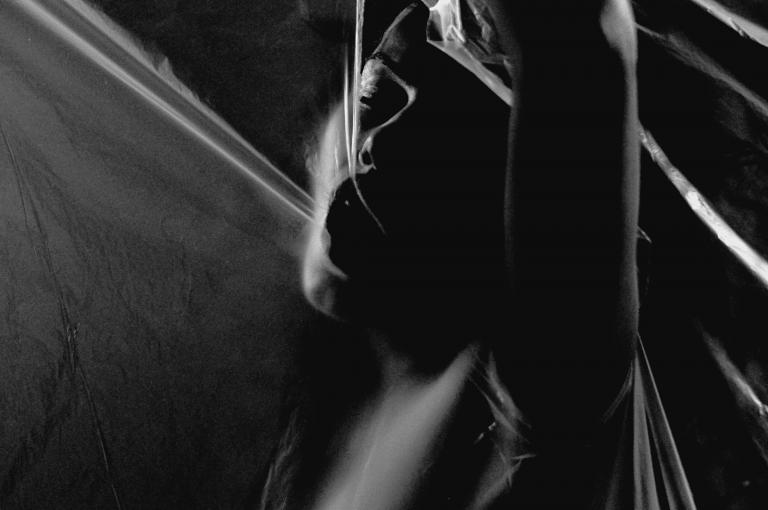
And yet we occultists seek unity. And too often this is the false unity of 1, rather than the true unity of 0. I am speaking, of course, of Phallicism. Phallicism appears to be an attempt to solve this problem of sexual dualism – but it simply does not work. Kteic and phallic energies cannot be reduced to one thing: if Phallicism is truly universal, then Kteicism is too. And these two may – perhaps must – coexist in one person, and be intermingled. Still, they are distinct. To deny to this is to refuse to grant full legitimacy to female sexuality. To tell me I must be phallic without recognising you must be kteic is to tell me I must be a man to practice magic.
It is vital that we, as magicians, understand the multiplicity of identity, and particularly of sexual identity; the illusion of all cultural signifiers (including those things we indulge ourselves by calling ‘biological’). We are all infinitely different and infinitely similar and we must use arbitrary signifiers in order to distinguish – but these are only helpful to the extent we remember they are arbitrary. Sex is an illusion: a collapsing boundary. Truth is not phallic, but hermaphroditic, bisexual – not either/or, but always both/and. Ultimately, there is only the I/thou of the other – the other person, the other god. The two, which is zero. We are stars.
Sex Magic
We live in a world where men are systematically dissociated from their emotion and empathy from childhood. The same can be said for women and their relationship with their own physicality. And so the forms of trauma experienced by men and women are different, as are the reactions to it. We have two choices, at this juncture. We can argue all relationality is inherently traumatic, and be done with it. Or we can see this as a sign of how far we have drifted from the image of intermingled starhood, try and envision something better, and work towards it.
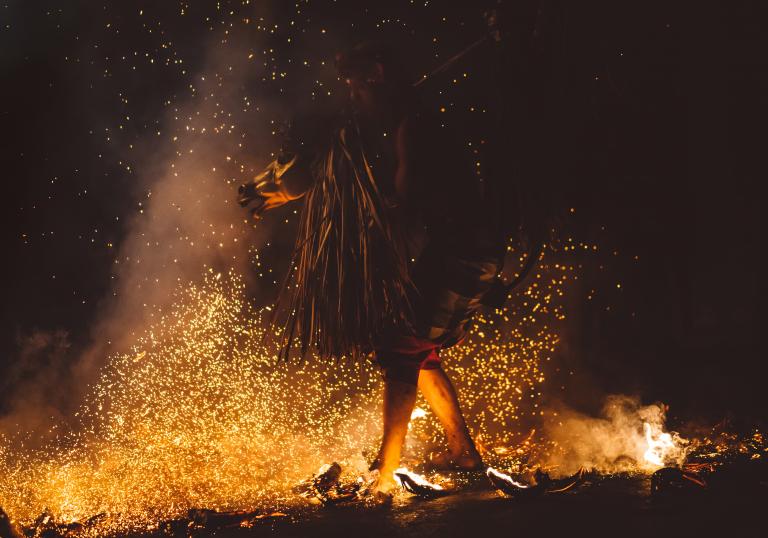
“How can I be responsible for the unknown depths of the other?” You ask. You cannot – and yet this is what Love asks of you. As we examine these subjects we quickly come to see that our whole understanding of dating, of sexuality, of love, is deeply out of sync with the rest of our magical practices.
Reading Crowley’s diaries, we quickly see that Crowley thought every sexual act was an act of sex magic. And I am brought up short by the question – why has sex magic fallen out of fashion?
Sex magic has been the reason for a lot of magic’s bad press, from the Black Lodges of the Occult Revival to the Satanic Panic of the 70s. These reactions reveal the unparalleled power of sacred approaches to sexuality in the modern world. Yet our response has been to stop speaking about it, to stop emphasising the centre of our Art. But all this has done is to leave more space for misunderstanding and abuse.
It is ambivalence towards sex magic that has reinforced our ambivalence towards sex and sexuality; it is this that has left us stumbling to keep up, rather than at the vanguard of social progress. And there are historical reasons for ambivalence, and this was necessary at times – but now is the time to move forward. We must come, once more, to see sex as sacred. This is the whole focus of occultism, of mysticism – it always has been. This is our Great Mystery of manifestation and energy, as it appears in Malkuth, veiled in nature. It is not just woman this metaphor is applied to, but sex – sex difference, sex energy – itself.
Sexual liberation has led to an idea of sex as natural – but this is a fallacy. Human sex is unnatural – the ‘sexier’ it is, the further dissociated from its reproductive basis. I think the only way we can understand sex properly is with the divine context. Lack of this divine understanding has led to the ubiquitous pornographisation of sex; for if it is not religion, it must be science. We have to aim at Adepthood. We have to see the other as divine, irrevocably divine – else how are we to understand the divinity in ourselves? We must learn that the other is infinitely different from you, and yet divine in the same way you are.
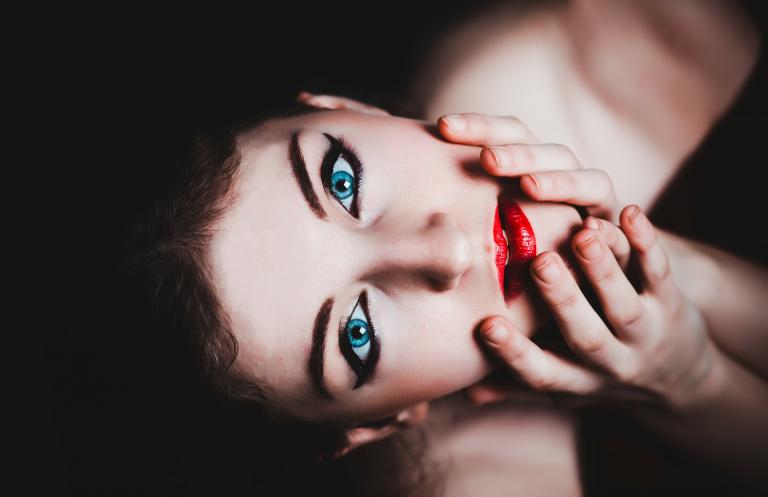
Now, we adore Our Lady Babalon for She is the ultimate fetish of fetishes – yet do we understand her? Truly? The proliferation of artwork inspired by her suggests that we do not. There is such sad irony in the fact that the Red Goddess vision of Babalon has been such a powerful and inspiring figure, for She has incited a renaissance of lipstick feminism. She is not a figure of authentic feminine sexuality, but the absorption of the masculine vision, the male gaze.
She is easy to swallow, for She requires only a culturally sanctioned version of emasculation. Why has this sexy, bodacious figure taken over, rather than the visceral, dripping, disgusting image of power and destruction, as She was originally conceived? A whitewashed hyperreal Babalon – a sexually liberated Babalon of the precise kind that represses women by demanding all their selves be sexual.
The hyperreal vision of female beauty which is ubiquitous across the art and literature of Babalon is something distinctly modern, distinctly artificial. It pretends to be about fertility and ancient slaves but it is about hairlessness and regimented physicality and red dye.
I said earlier sex is not natural, and neither is beauty; and amazing things can be done when beauty is offered to the gods. But it must not be this plastic vision – this male vision. Nature is disgusting, the apocalypse is disgusting. We have to find new ways to deal with the natural fallacy and we have to discover beauty in the disgusting. This is the meaning Crowley’s Scarlet Woman, and the method of Liber Ararita. Rip away the perfect, painted face and find underneath a lewd, chattering monkey. She tells lies that obscure the truth; yet obscure it no more than those muttered by your bearded Moloch. The truth is neither one nor the other. It is both as much as it is anything. Thus we see what is really at stake if we fail to raise our goddess to the same pinnacle as our god: we will forget that these both are but illusion.
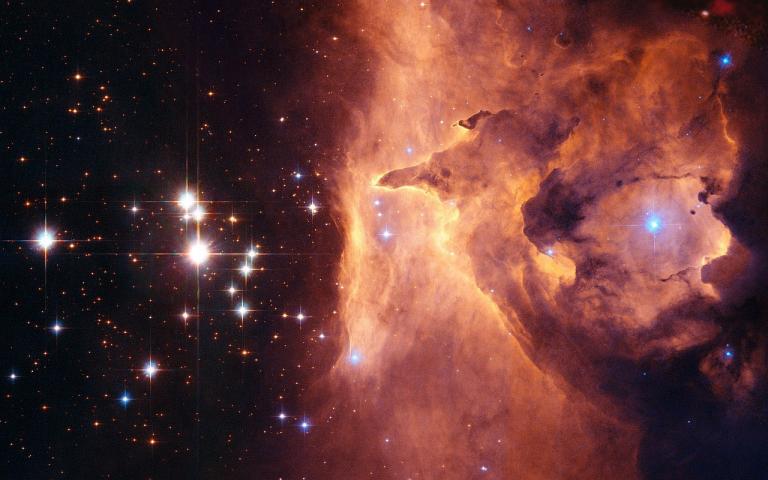
Theosexuality
We are Gods now. Not Gods as we were men, but Gods as we are children. We are Gods when we shit and we cry and we curse and above all, we are Gods when we fuck, whether we fuck in filthy carparks or in feather beds. We are Gods now. Embrace your Starhood, but remember that the Other before you is a Star as well; he too has this potential Godhead. Then know the power of the Gaze, the Touch – as we are divine, so we are able to draw divinity out of the other, as the Kteis that Calls. Fuck Gods.
There is no part of me that is not of the Gods; when the Gods fuck, so do we. We do not speak in analogy, nor do we envision scales and similarities. The Whore was raised from Malkuth to Binah and now my coming is the spilling of Babalon; my sleep, her silence. Pan does not exist somewhere separately to me; he is in me always. He does not have sex; he is my sex.
It is not that through sex we become one with the cosmos, or participate in divine ecstasy, or any such formulation. The microcosm and macrocosm are not united in this moment; it is not thus we become gods. Sex is not a different order of thing from any other thing; nor is divinity a different order of thing from any other thing. Yet sex and divinity are one, as far as our pathetic grammar can hope to circumscribe it.
Every moment of manifest existence is the confluence of Nuit and Hadit. Thus existence is pure joy.
We fuck Gods. We fuck their shards and lenses, the little chips of light in man. But it is only when we realise that we are all partial objects, Gods included, that we can come to appreciate the Joy of this. It is necessary, for we are separate for the Joy of Unity; and thus we are all partial things, yearning.

Our yearning for the Other, our yearning for Love, our yearning to heal our Self, our yearning for God; these are all lenses of the same persistent feeling, that drive toward dissolution. Yet we only ever experience this dissolute Joy for moments and glimpses; we come to realise that it is in the nature of Joy to be temporary. We can only ever catch glimpses of the original unity because the original unity was only every a glimpse. It is in its nature to resist extension in time, for extension and time are opposed to dissolute Joy.
Rightly understood, in a divine society, we would constantly exist in sexual circuit. Within profane society, divinity is enshrined, set apart. Sex ended up on the wrong side of this equation, tarred with the brush of ‘nature’ – and thus our concept of godhood has been lacking its centre for 2000 years.
We must reorient ourselves. Understand our erotic desire as divine desire – and our desire for God as theoeroticism. Remember that we are helpless but to chase the primary splintering, for we know that in the breaking apart and the putting together, that here lie Gods. We talk of limit experiences – we like that which challenges our sense of taboo, our sensation programming. But this is all fetish for the real limit experience: the dissolution point, when one can feel the skin no more.
The dissolution point – so vulnerable, so terrifying, so awe-full. Thus we shore it up with promises and fidelity and trust. But this is so much noise, for there can be no safety here; indeed, the only guarantee of making it out is to throw oneself forward, topple head first into the Abyss spilling dust and dirty handkerchiefs. To say, look at this thrusting phallus, breaking my carefully-cultivated lines. There is no I left to protect – and thus neither He nor the Abyss can hurt me – so long as I throw myself forward and say, “what I beyond the moaning and lowing?”
Thus I enter; and thus I crawl back out the pit, languorous in the lapping embrace of my consort. I have conquered. I am enthroned. Mine is the kteis that calls.
I have made myself vulnerable, and in doing so I have found the strength beyond strength. I have found the force and fire that cannot be penetrated, for it winds as a snake or flower about the phallus.
I do not desire men. Men fall, men are frail. I crave Gods.
Only the Gods know how to worship. The Angels worshipped beautiful women long before jealous men worshipped the Gods.


















